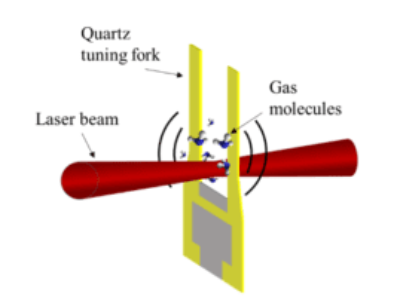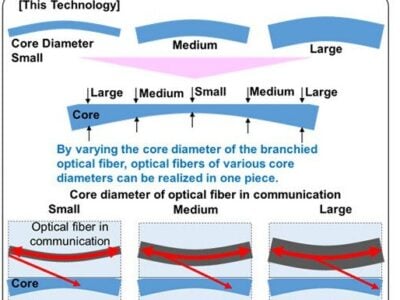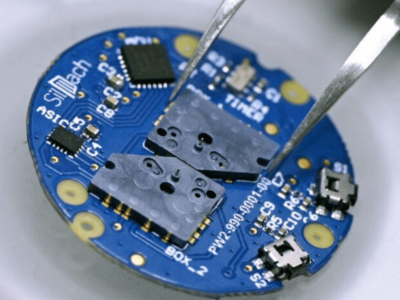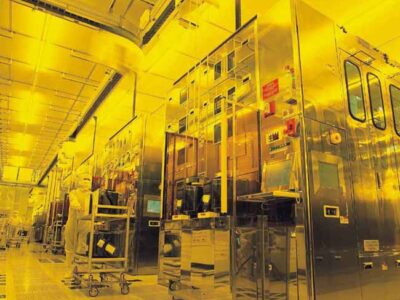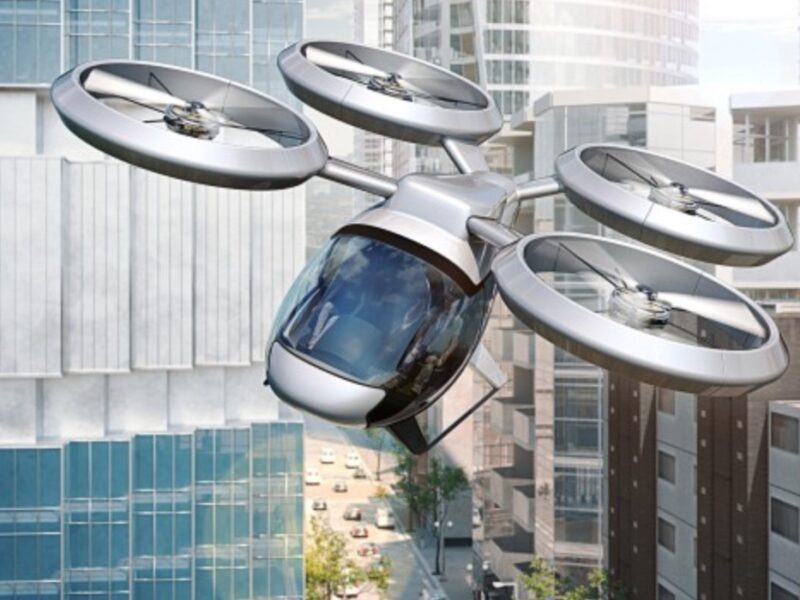
R&D network develops sensor systems for autonomous driving and flying
The mobility offer in conurbations is becoming more and more diverse. People are travelling by bicycle or e-bike, with their own car and in the future also in autonomous vehicles. New opportunities are also opening up for aircraft: In such agglomerations, autonomous air taxis or drones could be used to transport people or time-critical goods and medicines. All these applications require powerful sensors and control systems that are as energy-efficient as possible.
This is where the research and development project OCEAN12 (“Opportunity to Carry European Autonomous driviNg further with FDSOI technology up to 12nm node”) steps in, in which 27 partners from the fields of semiconductor technology, electronics, aviation and automotive technology are working together throughout Europe. The aim is to reduce the energy requirements of sensors for future mobility concepts by 90% compared to current systems. In addition, the new technology should make it possible to build particularly small sensor systems because the sensors, including powerful integrated evaluation circuits, can be integrated on a SoC (System on Chip).
Bosch leads the German consortium, which consists of 14 organizations. By the end of 2021, the project partners will jointly develop particularly energy-efficient components that can record and process the environmental data of vehicles and aircraft. These include environmental sensors (cameras, lidar or radar sensors) and microprocessors.
The essential basis for the development in the project OCEAN12 is the FDSOI technology of the project partner Globalfoundries. This is based on a manufacturing approach for semiconductors in which an additional, very thin insulation layer in the chip reduces the so-called leakage currents. This reduces power consumption and leads to a higher computing speed. On the basis of this technology, the partners in the research network can then develop components that optimally combine maximum energy efficiency and high computing power.
The OCEAN12 project (worth 103.58 million euros) is funded by the European Union and national organizations. Participating companies and institutions include carmaker Audi AG, automotive supplier Robert Bosch GmbH, aircraft manufacturer Airbus Defense and Space GmbH, technology companies Soitec SA, Globalfoundries, STMicroelectronics and Thales Group, as well as a large number of research institutes and universities.
Related articles:
Soitec launches FDSOI pilot line in Singapore
Dresden firm takes FDSOI down to 0.4V
Globalfoundries launches own FDSOI processes
 If you enjoyed this article, you will like the following ones: don't miss them by subscribing to :
eeNews on Google News
If you enjoyed this article, you will like the following ones: don't miss them by subscribing to :
eeNews on Google News

